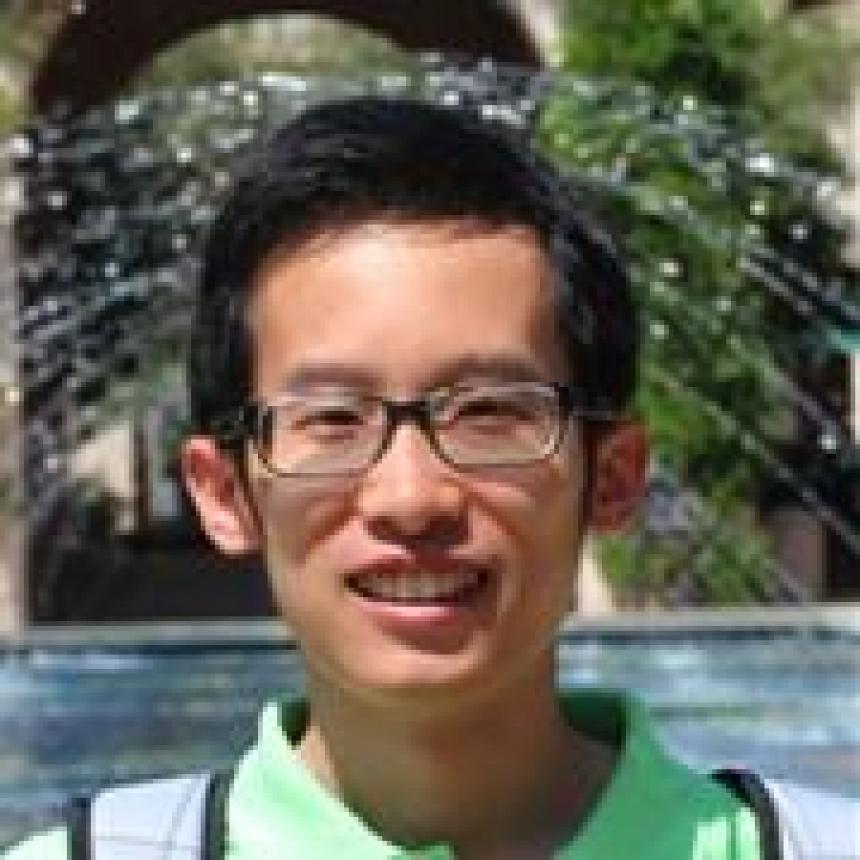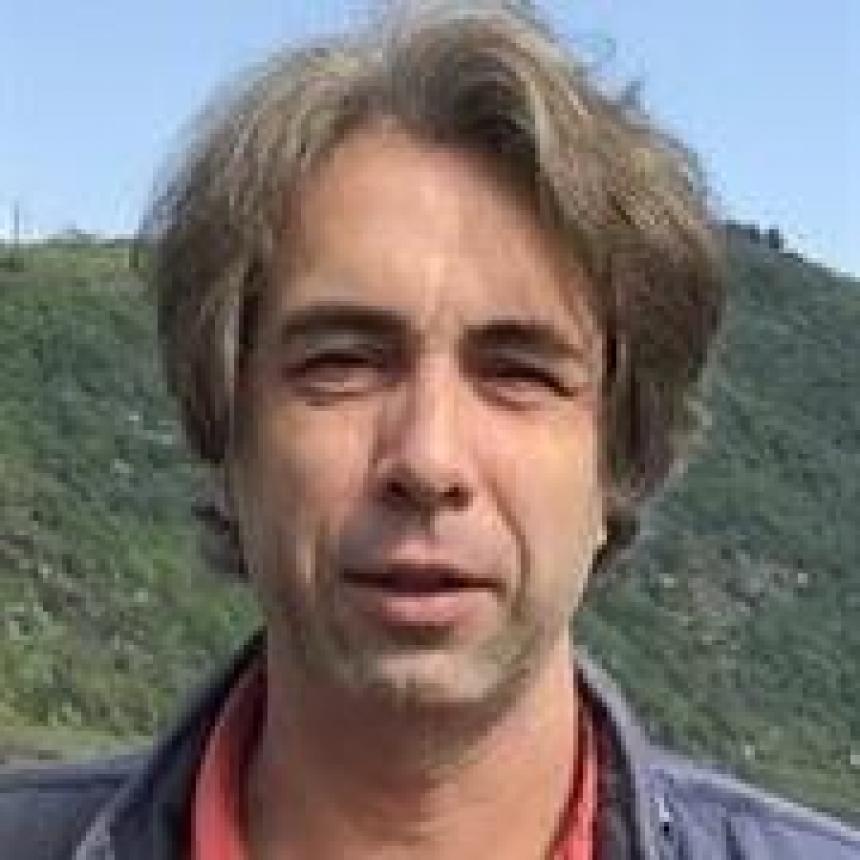2 ARC Future Fellowships awarded to ECMS researchers
Congratulations to the two ECMS academics who received a share of the Australian Research Council (ARC) Future Fellowships for 2020.
The Future Fellowships, totalling $90.5m and supporting 100 researchers across Australia, assists researchers to undertake work in areas such as developing effective tools for managing water resources under severe stress from drought and water demand, and providing new technological solutions for renewable energy storage.
This year, ECMS received 2 Future Fellowships, awarded to Dr Yao Zheng from the School of Chemical Engineering and Advanced Materials and Professor Frank Neumann from the School of Computer Science, with a total funding award of $1,831,764.
Congratulations Dr Zheng and Professor Neumann!
Electrocatalytic Refinery for Sustainable Production of Fuels and Chemicals from Small-Molecule Sources

Dr Yao Zheng - School of Chemical Engineering & Advanced Materials
The aim is to produce the fundamental science for sustainable production of fuels and chemicals through an advanced electrocatalytic approach using abundant small-molecule sources like water, carbon dioxide, and nitrogen oxides as feedstocks. A range of highly active and selective electrode catalysts will be developed for electrolysis processes at ambient temperatures and pressures, by an interdisciplinary approach combining atomic-level material design principles, in situ/ex situ instrumental techniques, and modern computation methods. The expected outcomes will be of great significance for renewable energy use and clean fuel generation – the major energy and environmental challenges facing Australia and the world.
Bio-inspired Computing for Problems with Chance Constraints

Professor Frank Neumann – School of Computer Science
Bio-inspired algorithms have successfully been applied to a wide range of optimisation problems. Uncertainties in real-world applications can lead to critical failures of production schedules or safe critical systems. Chance constraints model such uncertainties and allow to limit the possibility of such failures. This future fellowship builds up the area of bio-inspired computing for problems with chance constraints. It develops high performing bio- inspired algorithms for stochastic problems where the constraints can only be violated with a small probability. The outcomes will lead to more effective and reliable optimisation methods for complex planning processes in areas of national priority such as mining and manufacturing.
